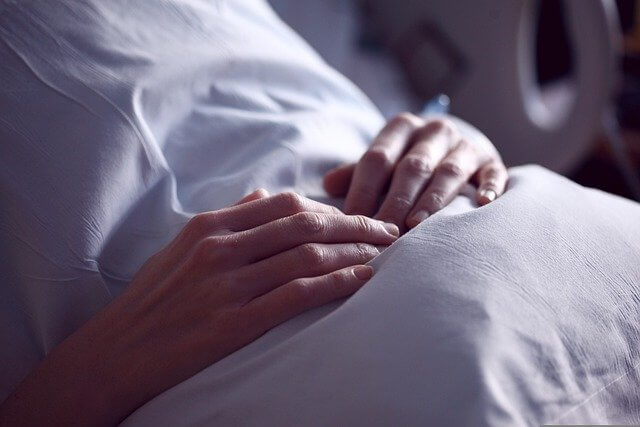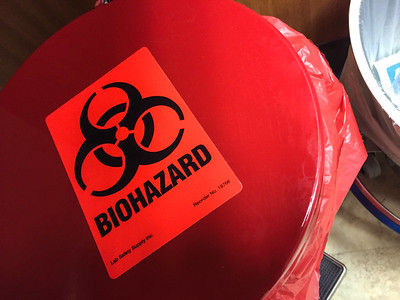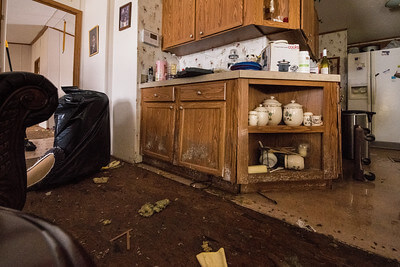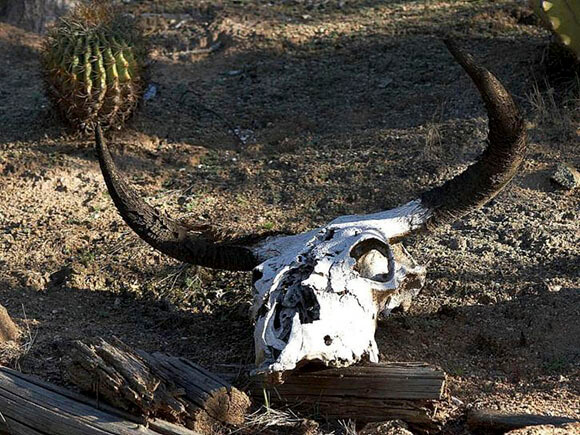Do You Poop When You Die?

The short answer is that yes, the body does poop when you die. Depending on the type of death and the state of the body, most people empty their bowels when they pass away. Urine may also be released, especially during or after a traumatic or frightening death.
Trigger Warning
The team at the National Crime Scene Cleanup Association (NCSC) is here to address what happens to our bodies after a frightening death. Consider this your trigger warning. If you find this topic very upsetting because you’re dealing with a crime scene or surprise death, you don’t need to read this. And you don’t need to face this task alone. Call us if you need professional and thorough crime scene cleanup assistance. We are standing by 24/7.
Who is Likely to Poop When They Pass Away?
You might think, “My great uncle Lou didn’t poop when he died. It must be a myth.”
People who’ve been unwell for a long time — people dying in the hospital or at home on hospice — may not have any material in their bowels to pass. Their body was shutting down for days or weeks, and they had no appetite. Many pain management medications also decrease appetite and cause constipation.
So, most people who pass away quietly at home or in a nursing facility won’t soil themselves right away. Their body will still go through stages of relaxing and stiffening, known as rigor mortis. And they will release gases, waste, fluids and more over the next few days.
Individuals Experiencing Trauma Are More Likely to Poop
If a decedent experiences a terrifying car crash, there’s a good chance they’ll void their bowels, bladder, or both. This might happen during or after the event.
There’s no delicate way to say this, but suicide-by-hanging cases almost always poop. That’s because the body relaxes upon death, and gravity does its work. Everything flows down and, if possible, out.
Blood and fluids will puddle at the lowest points in a body. This is called livor mortis. Liquids in a hanging body will puddle in the legs and feet, making them swell and turn purple-black. If the decedent is lying down, the fluids puddle in their back, bum, and back of legs.
Is it Risky to Clean Human Waste After a Death?
Absolutely! Human waste is biohazardous material. And if the decedent had any diseases, the risks would increase. That’s why it’s important to take proper precautions when cleaning an area where a body is found.
But frankly, poop is something you see and smell almost every day. “It is what it is,” and most people can cope with it. Just like you can cope with changing a gnarly baby diaper, urine and feces are a part of life from start to finish.
It’s the other fluids, materials, and smells that make the cleanup so difficult for family members.
Death is a Messy Business
Do you remember the scene in Pulp Fiction when Jules and Vincent need to clean the interior of a car after they accidentally shoot a passenger? Shooting deaths can be very traumatic to clean.
Blood, brains, bone and other materials find their way into the most awkward and disturbing places. If the area isn’t cleaned thoroughly, it’s only a matter of time before a family member finds some remnant — usually because they smell it —and the grief starts all over again.
But a peaceful unattended death can also become very messy, very quickly. Even in a climate-controlled apartment with no rats or roaches, eyeballs begin to soften, liquefy, and leak down the sides of our faces. Blood and fluids may leak out of our ears, nose, and private areas. Within our digestive tract, the bacteria begin digesting the body from the inside out. And the smell is incredible.
Remember, you don’t need to put yourself through the trauma of cleaning a crime scene or place of death. Contact us for fast, respectful, and thorough cleanup services.
See Also
What is an unattended death?




